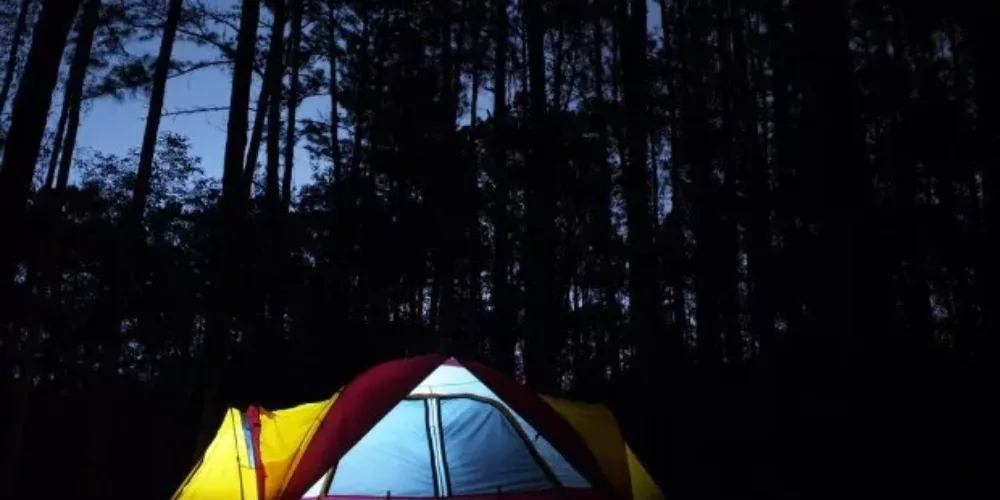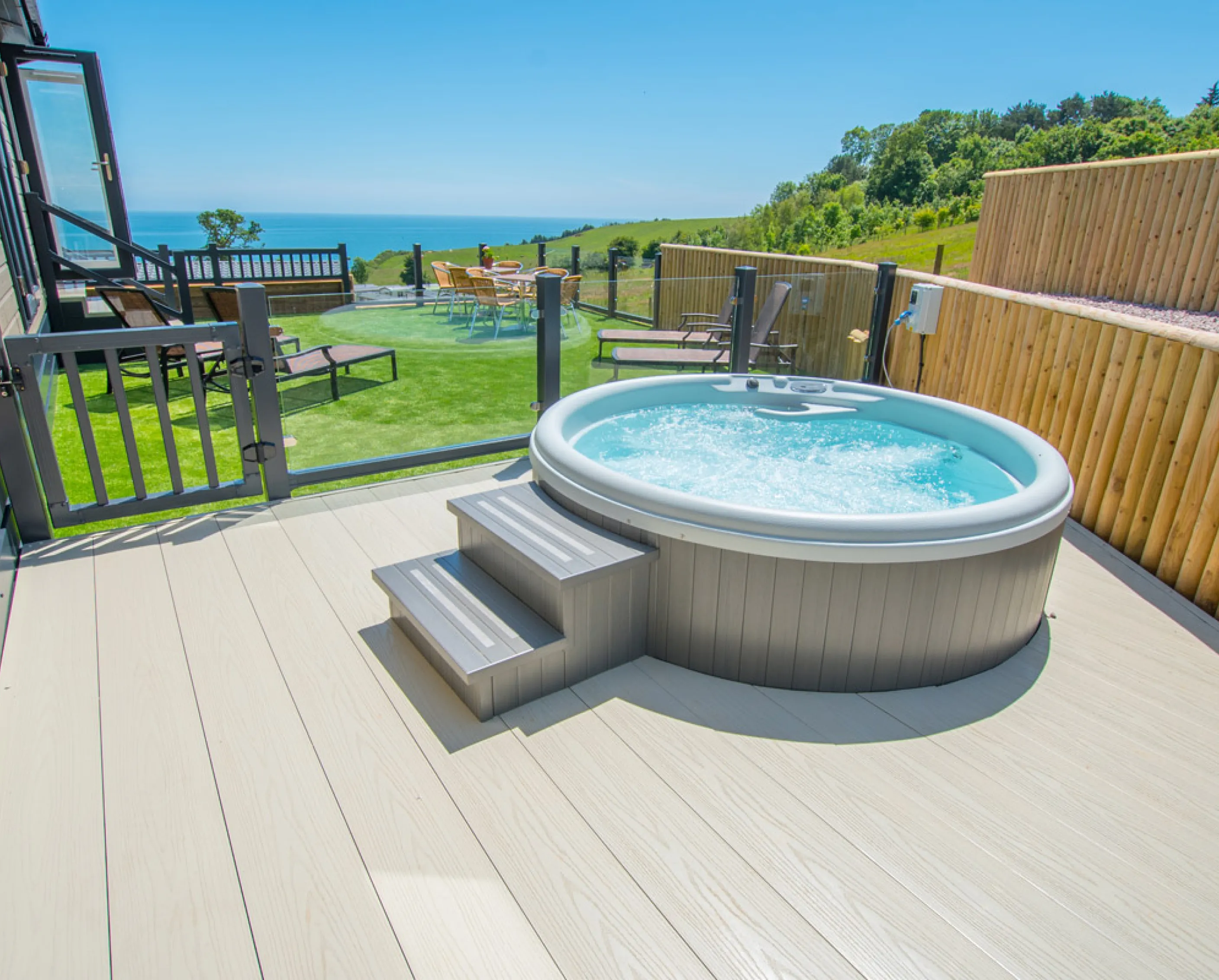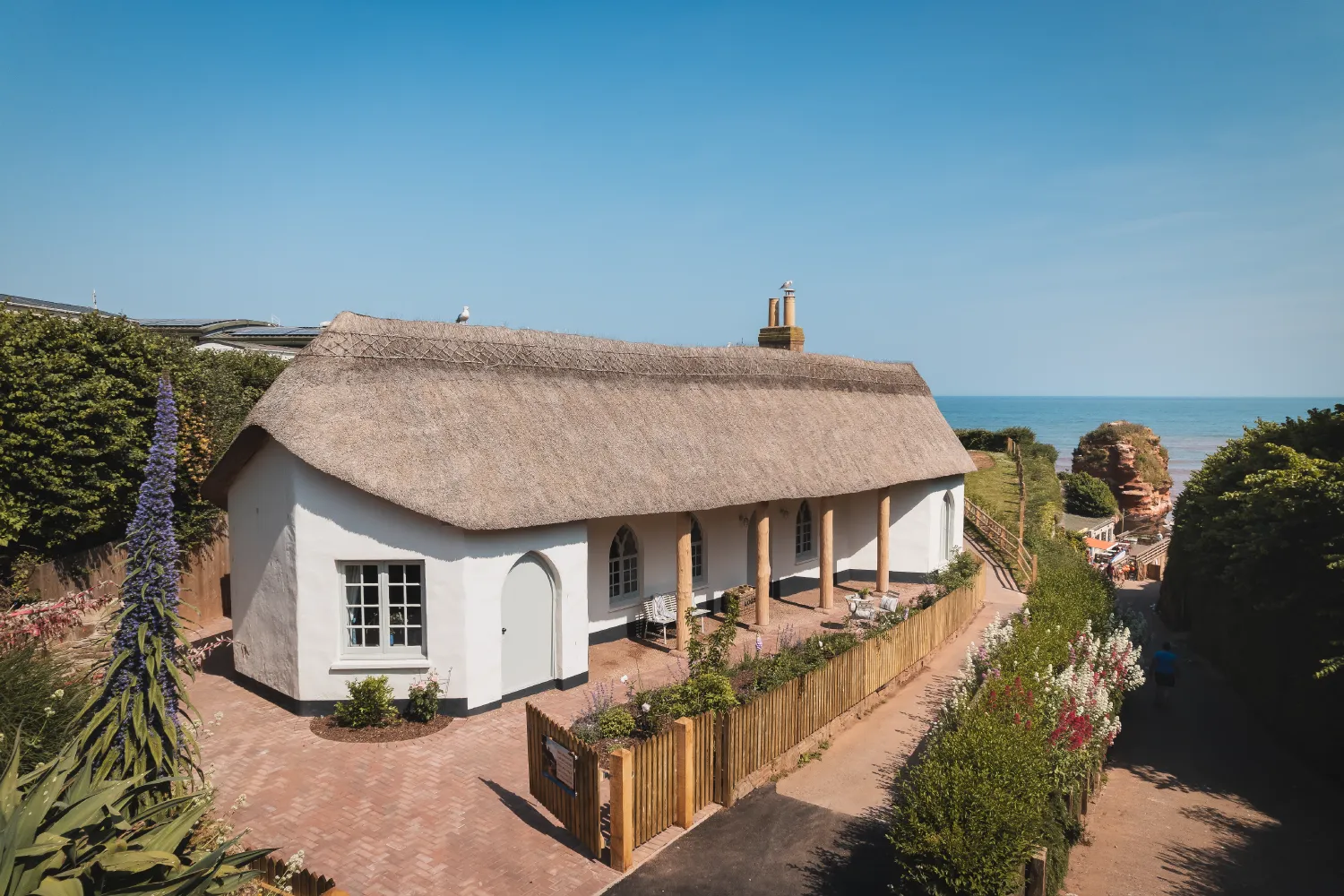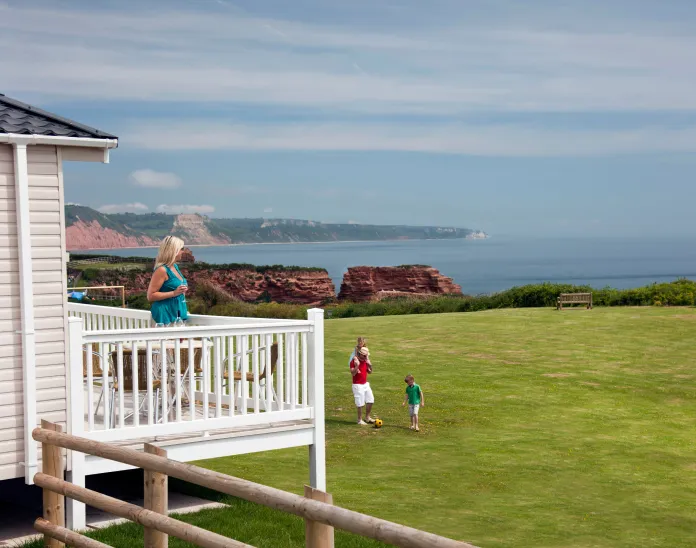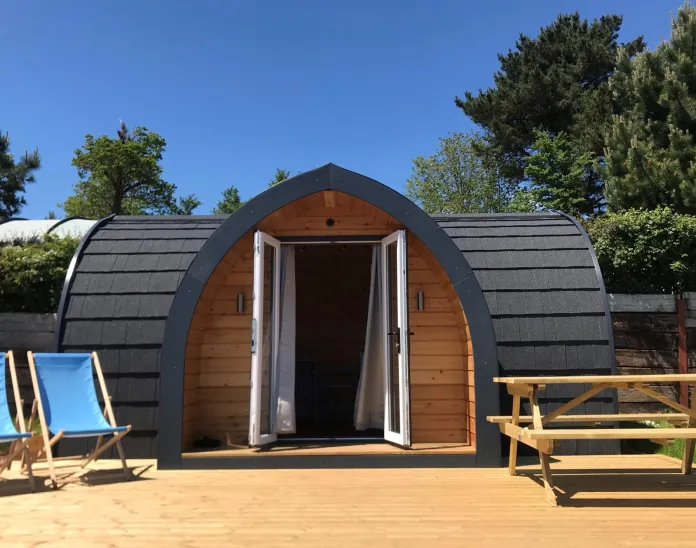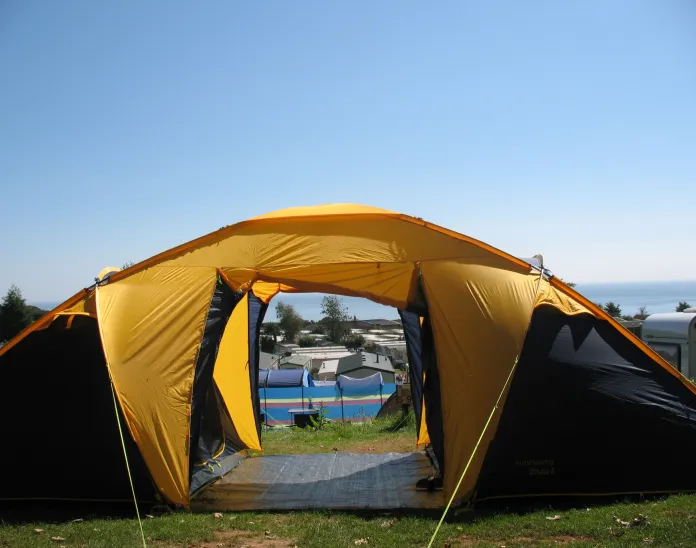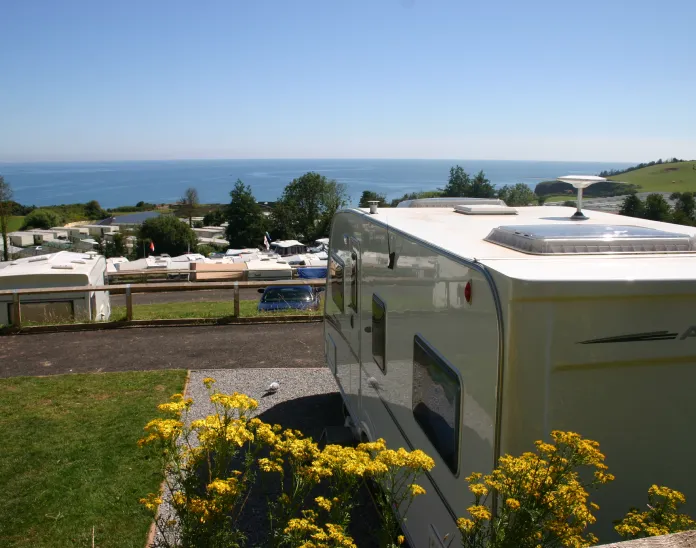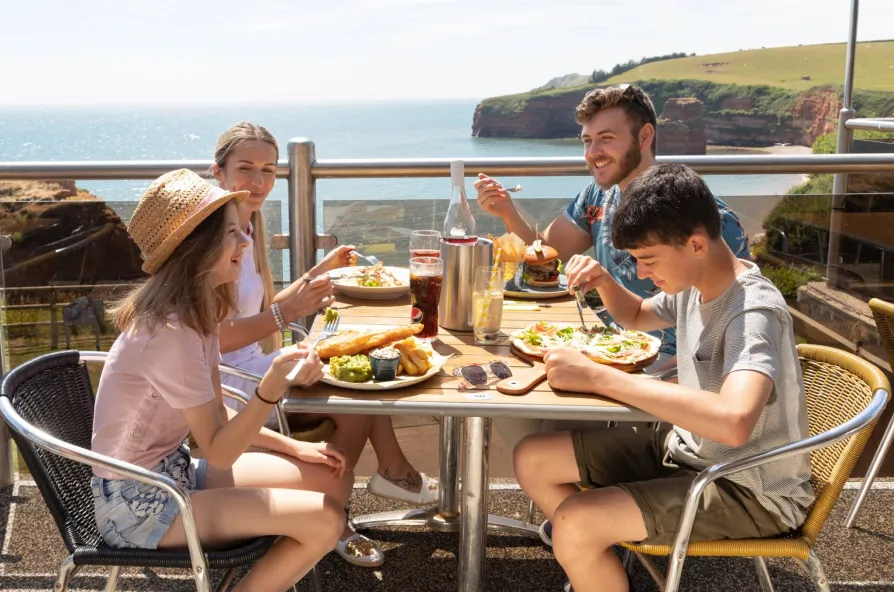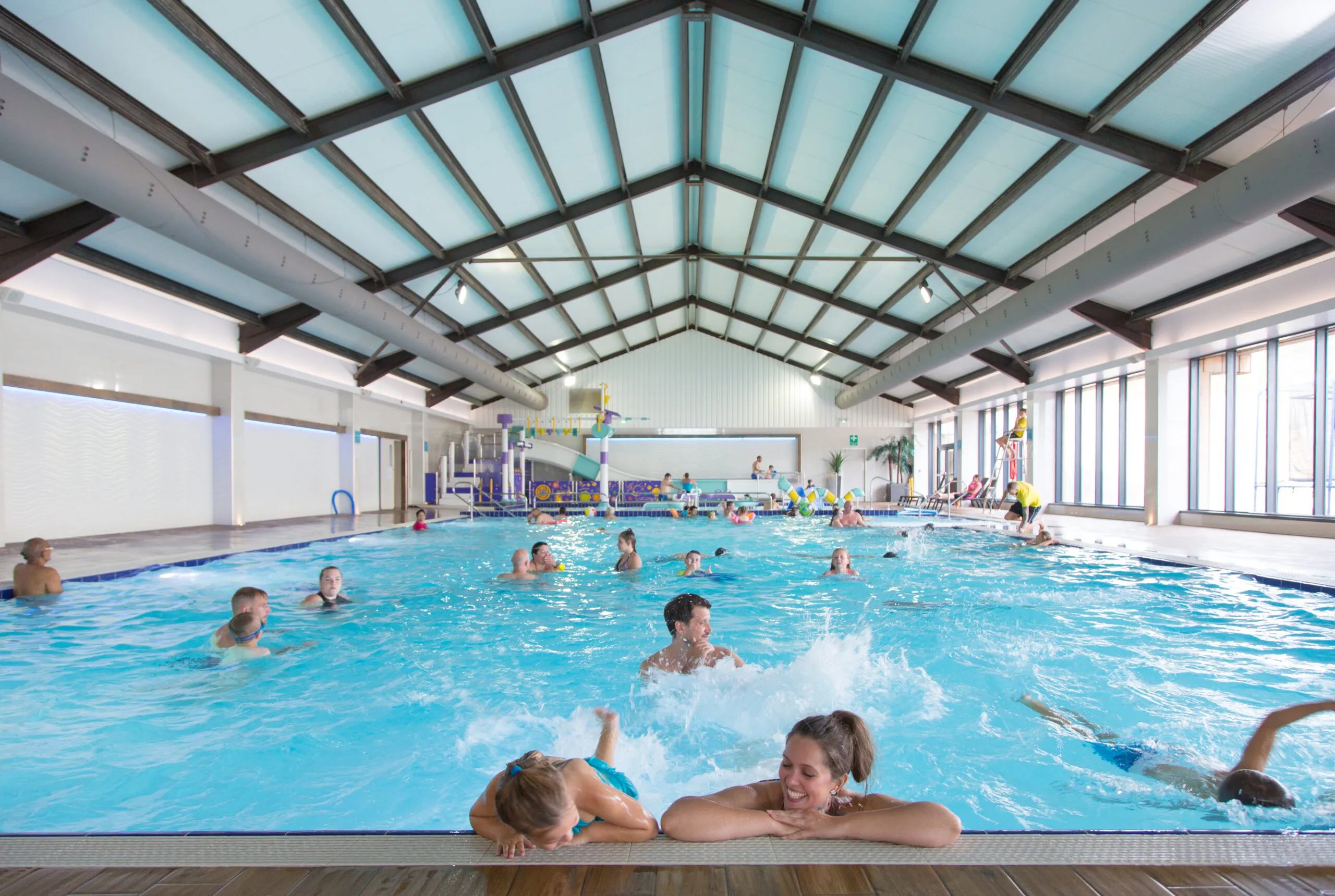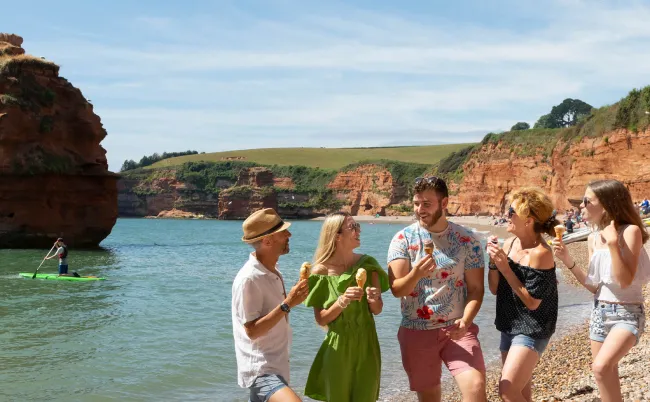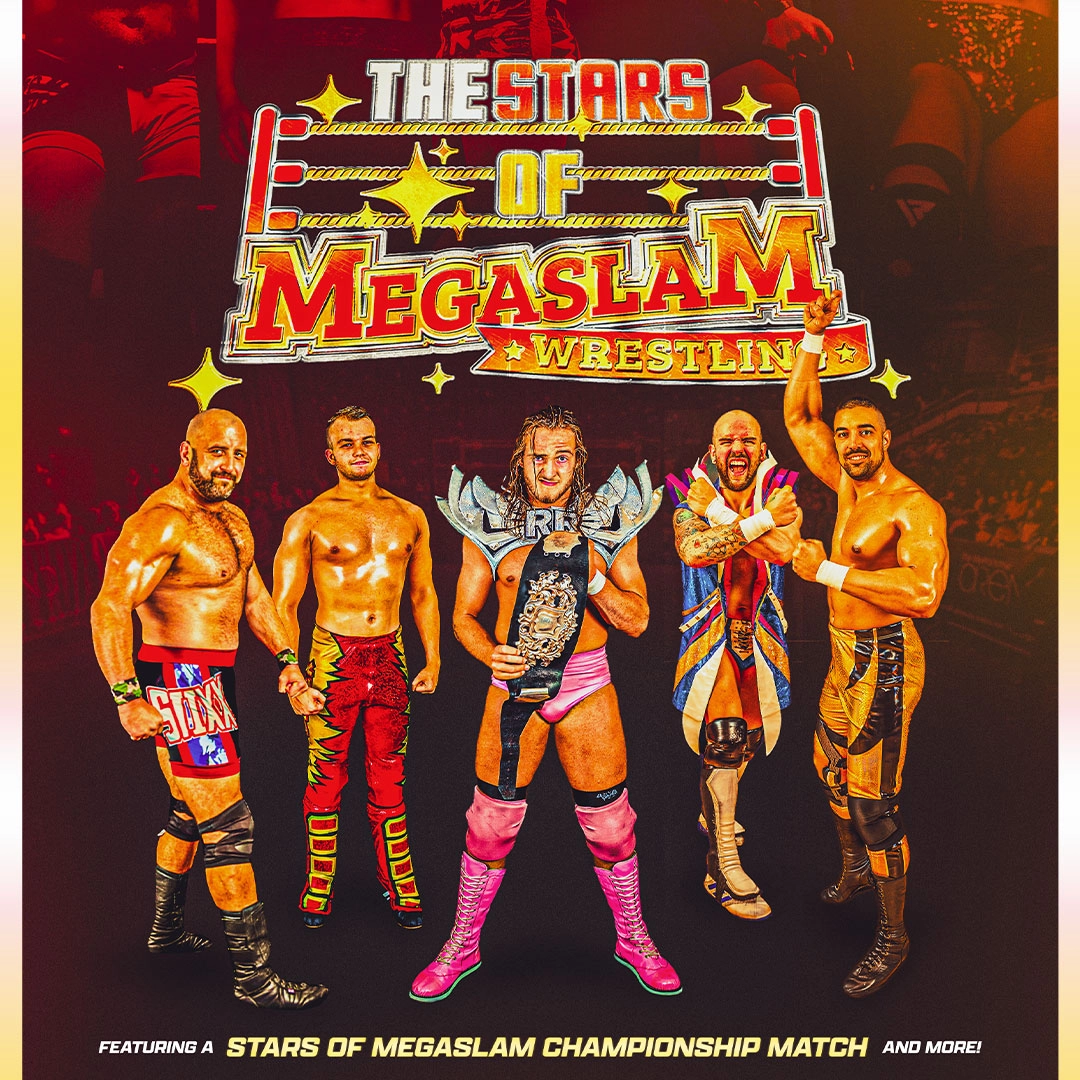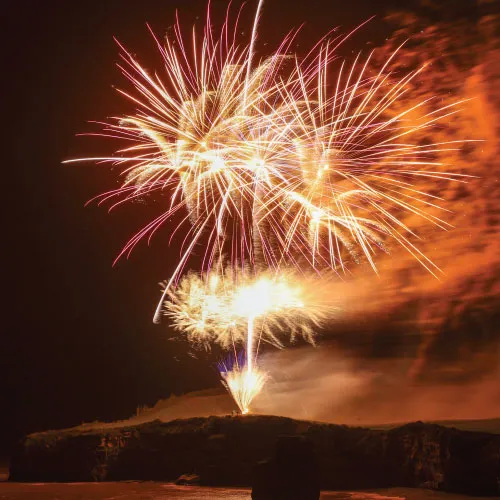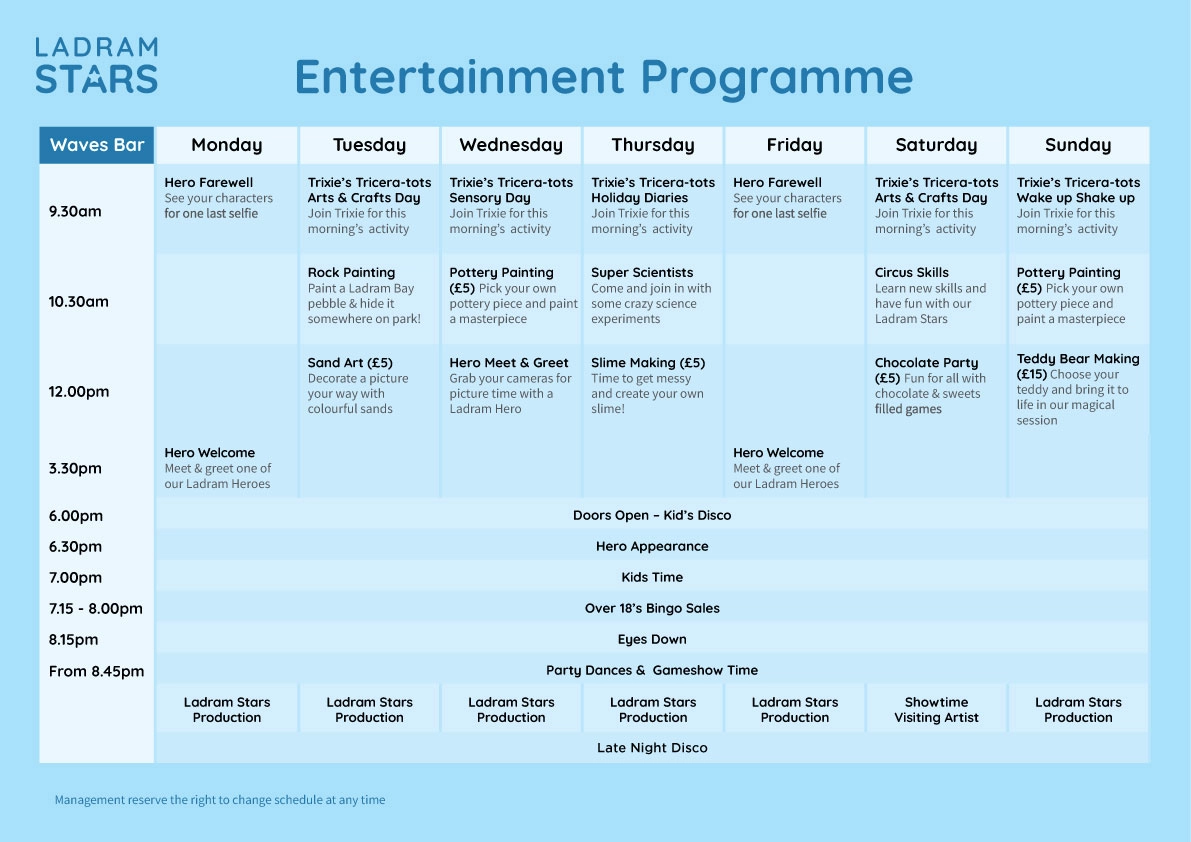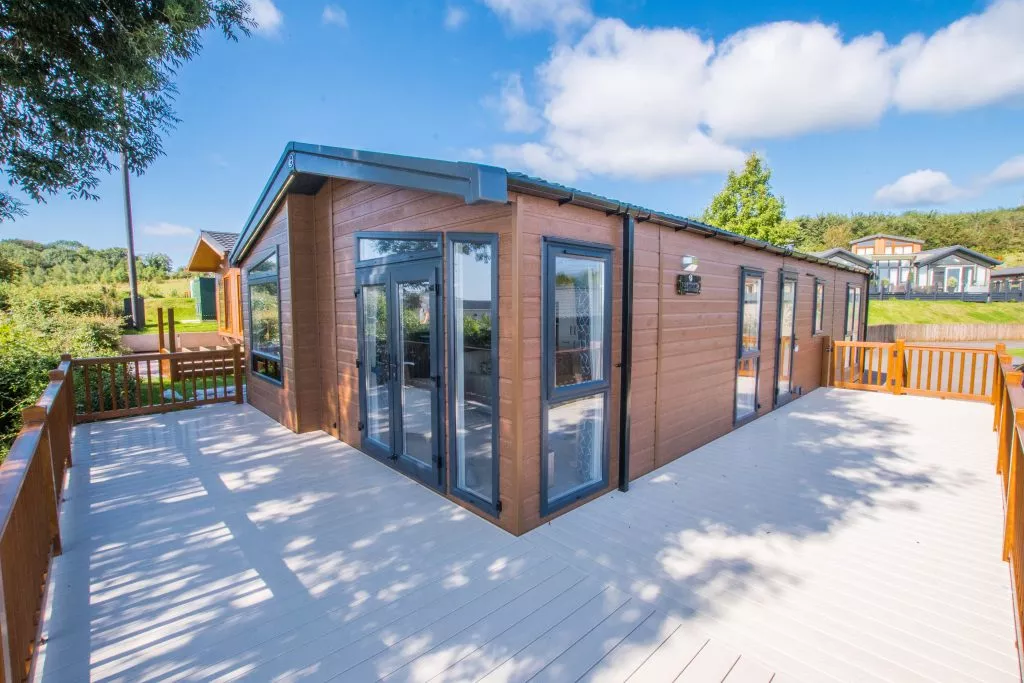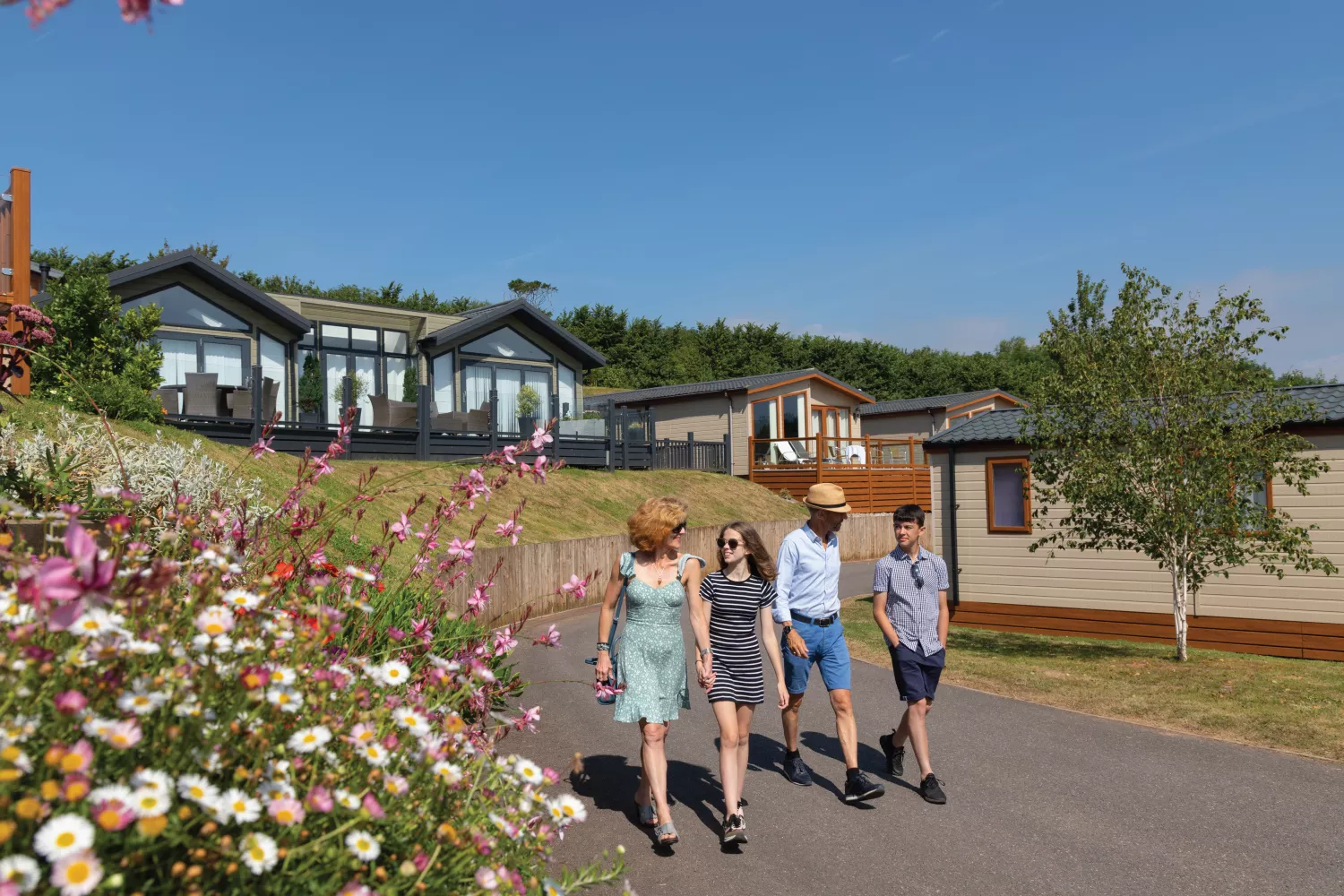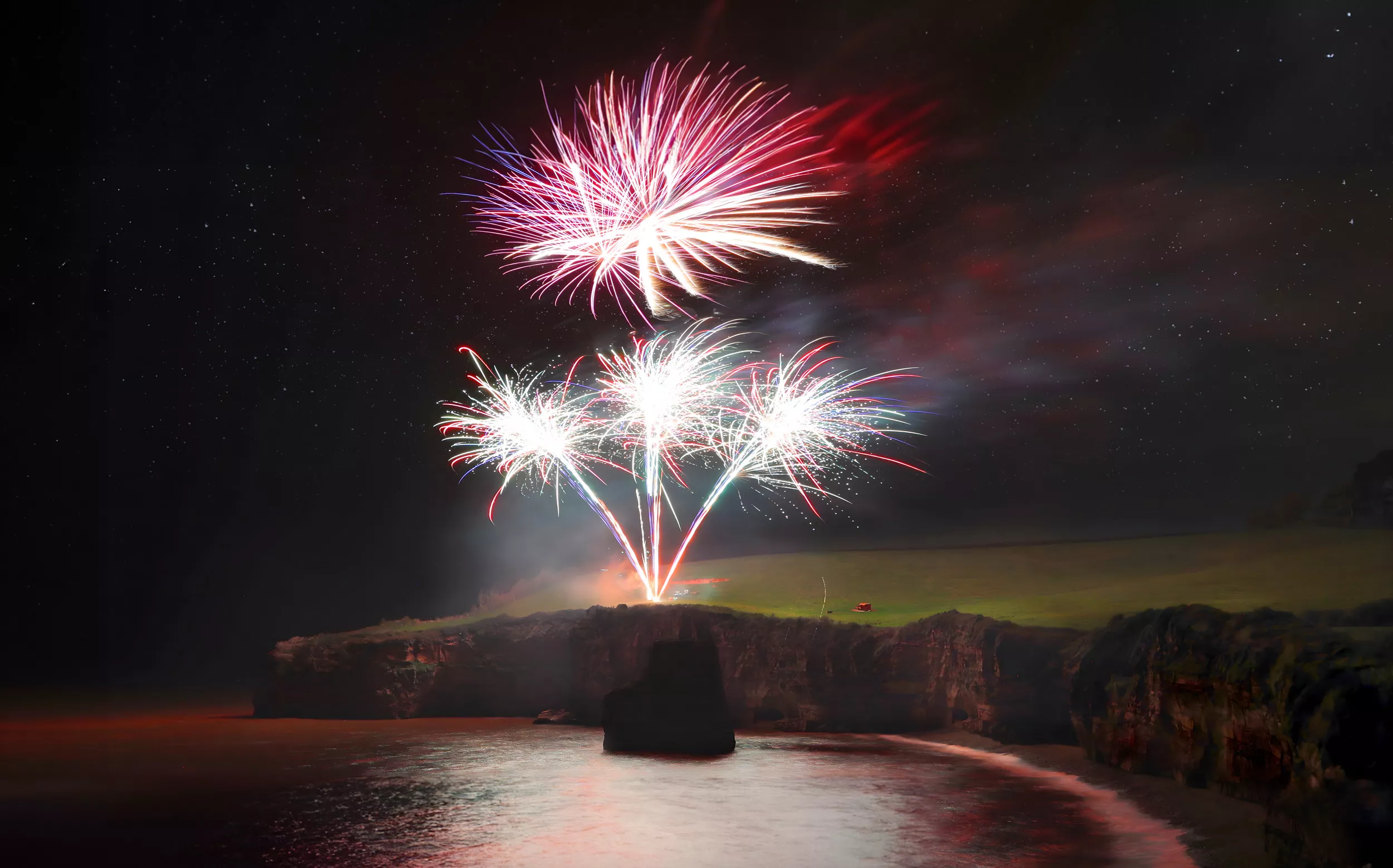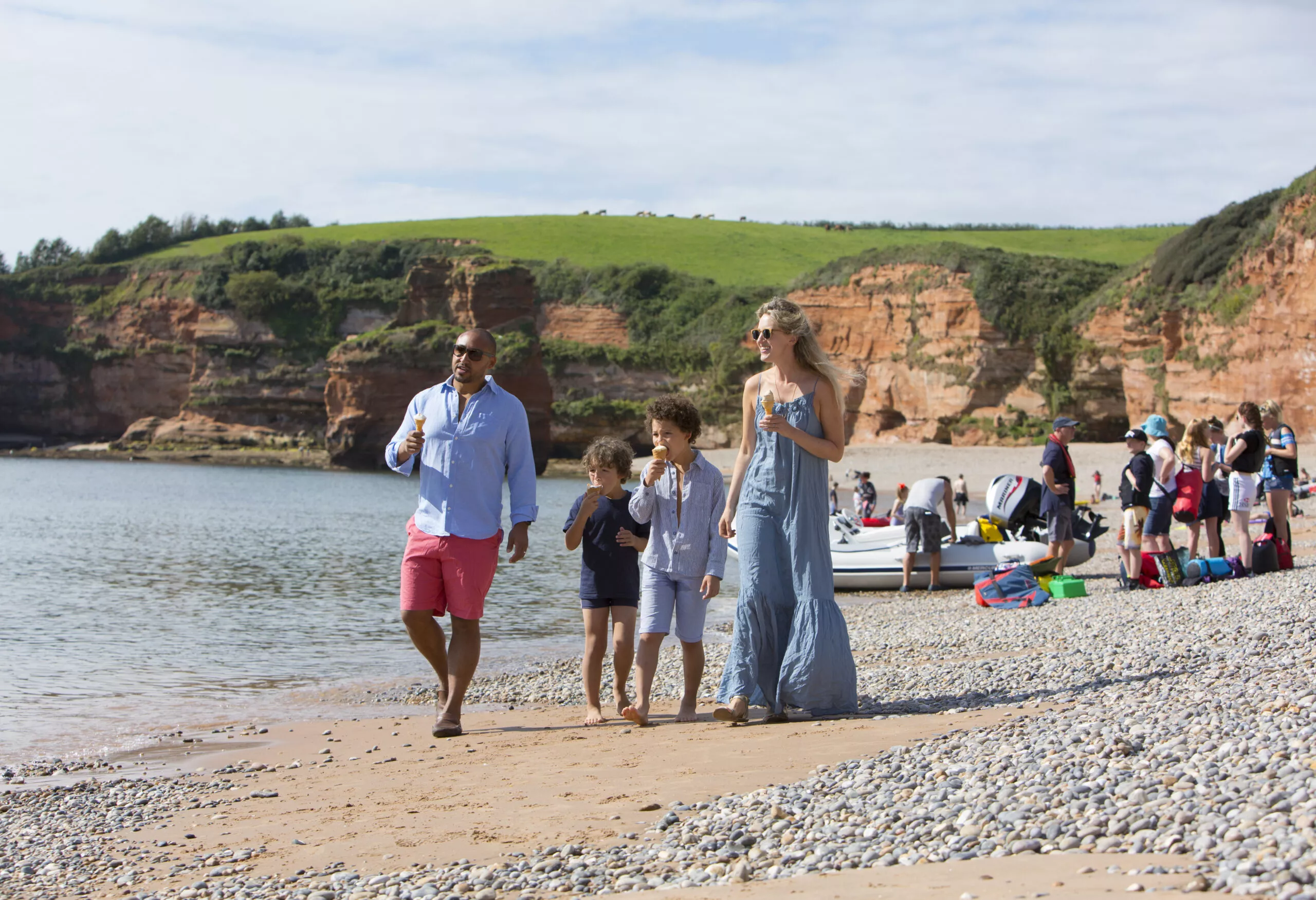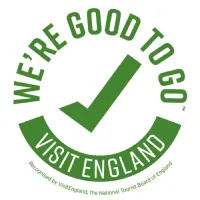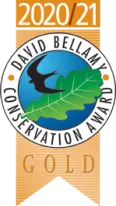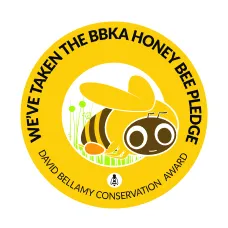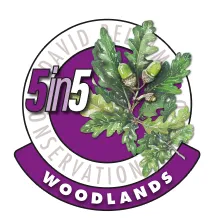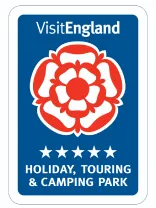Camping for the first time can seem like a daunting prospect but it needn’t be. All you need to do is be prepared! The following guide will help you get the best out of your trip.
The Tent:
If you’re new to camping you may be borrowing a tent, make sure you have all of the pieces if this is the case! Being short of pegs can be easily fixed, missing the inner lining not so much!
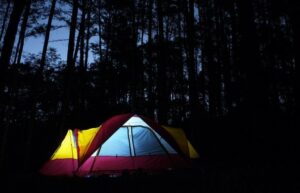
Select your spot carefully, check for any large or awkward rocks in the ground that could be uncomfortable to sleep on before pitching.
If you forget a mallet, to help with the pegs use the bottom of a tough shoe – such as a walking boot.
If you’re limited for space, prioritise bedding. Nothing will make or break your trip like a good nights sleep or lack of. Roll mats are useful, but a double-sided blanket with waterproof material underneath can be reused for picnics, the beach or outside of the tent in the day. Easy to dust off, they make for a great extra layer to sleep on. Also bring extra blankets, at night it can get very cold and these will double up for warmth or extra layers underneath.
If you prefer the idea of an air mattress, bring a puncture kit. Can’t find the hole? Place it in a bucket of water – where the air bubbles come out is where you’ll find your puncture.
If you’re a beginner, you’re probably camping in summer so you won’t need an expensive sleeping bag. A lightweight rectangular sleeping bag will do just fine. But don’t forget pillows!
Clothing:
Bring comfortable clothes that can be layered. Extra socks and jumpers are small things that will make a big difference if it gets cooler in the evening. Jeans are fine but can take a long time to dry if they get wet and aren’t the warmest material. Having a spare pair of leggings, tracksuit bottoms or shorts for when you get back to the tent will keep you comfortable even if there is a surprise downpour.
Cooking:
Check out what facilities are available at your campsite. Some will have BBQ areas or restaurants onsite. If you’re planning to use a camp stove for the majority of your trip, check out our top recipes.
Bring the basics like salt, pepper, butter/oil, teabags and UHT milk with you or pick up at a store nearby or onsite. A lemon is a great extra, the juice can be used to season food and keep salad from going limp! Camping cutlery and crockery can be metal or plastic, leave any china at home as it can be easily broken. Bowls are best as they catch any mess if you’re eating off knees, be it burgers or pasta! A set of mugs are also essential for cups of tea, soups or any drinks. To save packing too much, bring saucepans with a pouring lip as this will make for easy pouring and double up as a kettle for boiling water. Tupperware is also useful to keep food fresh or for saving any left overs for the next day.
Extra bits:
A torch will be very useful once things get a bit dark in the evening. A gas lighter is also good for any fires or BBQ’s without the risk of matches or short lighters.
If you’re short of space, microfibre towels are a great investment as they dry super quick and can be rolled up very small.
Ziplock bags: http://www.polybags.co.uk/shop/slidergrip-ziplock-bags_c105.htm
And there you have it, some basic tips to make sure your first camping trip goes as smoothly as possible!
Image via Pat David
Are you dreaming of your own holiday home in Devon? This picturesque region, known for its stunning coastline & landscapes, offers a perfect escape from the hustle and bustle of daily life. However, purchasing a holiday home is a significant decision that requires careful consideration. Below, we outline key factors to guide you in making an informed choice when looking at holiday homes for sale in Devon.
Location, Location, Location
Accessibility: Consider how easy it is to travel to and from your potential holiday home. Proximity to major roads, airports, and public transport can affect your usage and sublet potential.
Surroundings: Are you looking for a serene countryside retreat, a beachside haven, or a holiday caravan in the heart of a bustling village? Devon offers diverse settings to match your lifestyle preferences.
Local Amenities: Explore the availability of local shops, restaurants, healthcare facilities, and entertainment options. The convenience of local amenities can significantly enhance your stay.
Caravan Type and Features
Size and Layout: Think about how much space you need, considering the number of bedrooms, bathrooms, and living areas. A well-thought-out layout is crucial to comfort, especially if you plan to host friends or rent it out.
Maintenance: Evaluate the condition of the caravan or lodge and consider ongoing maintenance requirements. Newer units may offer easier upkeep.
Facilities and Extras: Features such as parking spaces, outdoor areas, and on-site facilities (e.g., swimming pools and access to leisure activities) can add significant value and enjoyment to your holiday home.
Dog Friendly: Is the park dog friendly? Would you like to bring your four-legged friend away on a dog-friendly holiday in Devon?
Financial Implications
Potential for Sublet Income: If you’re considering renting out your holiday home when it‘s not in use, research the offers available by subletting directly. Remember to account for periods of personal use.
Insurance and Security: Holiday homes, particularly those in coastal areas, may have specific insurance requirements. Additionally, consider the security of the lodge or caravan, especially if it will be unoccupied for periods.
Lifestyle Fit
Community and Culture: Engage with the local community on-site to ensure the area feels like a good fit for you and your family. A sense of belonging can enhance your enjoyment and satisfaction.
Activities and Interests: Consider whether the area supports your hobbies and interests, whether it’s hiking, surfing, art, or dining out. Devon’s diverse landscapes and communities offer a wide range of activities year-round.
The Dream Is One Visit Away
Buying a holiday home in Devon can be an incredibly rewarding purchase, offering a sanctuary for relaxation and a base for adventures in one of the most beautiful regions in the UK. By carefully considering these factors, you can make a well-informed decision that aligns with your lifestyle and financial goals, ensuring years of enjoyment from your Devon retreat.
Things To Consider When Buying a Holiday Home in Devon
Nestled along the stunning coastline of Devon, Ladram Bay Holiday Park presents a unique opportunity to own a slice of seaside bliss. Our selection of luxury caravans and lodges for sale offers unparalleled access to the beauty of the Devon coast, making it the perfect getaway for those looking to purchase a coastal retreat.
Luxury Caravans and Lodges on the Devon Coast
Our range of caravans and lodges blend modern luxury with the tranquillity of nature. Each property is crafted to provide maximum comfort and elegance, with features that include spacious living areas, modern kitchens, and expansive decks with breath taking sea views. Whether you’re looking for a cosy caravan for weekends away or a more spacious lodge for family holidays, Ladram Bay Holiday Park has something to suit every taste and need.
Endless Holidays Await
Owning a caravan or lodge at Ladram Bay means more than just a place to stay; it’s your ticket to years and years of memorable holidays. With direct access to the picturesque Devon coastline, you can enjoy endless days of exploration, relaxation, and adventure. From leisurely walks along the beach to exhilarating water sports, the opportunities for enjoyment are as vast as the sea.
A Community Like No Other
At Ladram Bay Holiday Park, you’re not just buying a holiday home; you’re joining a vibrant community of like-minded individuals who share your love for the coast. Our exclusive owner events offer a fantastic way to meet new friends and become part of a close-knit community. Whether it’s a BBQ on the beach or a competitive game of golf, you’ll find plenty of opportunities to socialise and create lasting memories.
Why Choose Ladram Bay?
Prime Location: Situated on the East Devon coast, our park offers stunning sea views and easy access to local attractions.
Quality Properties: Our caravans and lodges are designed with luxury and comfort in mind, ensuring you have the perfect coastal retreat.
Exclusive Benefits: From owner events to discounts on park, owning a property at Ladram Bay comes with exclusive benefits.
Investment in Lifestyle: More than an investment, you’re purchasing a lifestyle filled with adventure, relaxation, and community.
Begin Your Journey Today
If you’ve dreamt of owning a coastal retreat on the Devon coast, Ladram Bay Holiday Park offers the perfect opportunity. With our wide selection of luxury caravans and lodges for sale, you’re sure to find your dream holiday home. Contact us today to learn more about our properties and how you can begin your journey to becoming part of our exclusive community.
Discover Your Dream Holiday Home For Sale in Devon
Book your half-term holiday at Ladram Bay.
What’s On Over October Half-Term?
Book your Summer stay at Ladram Bay and give the family all of this to look forward to!
